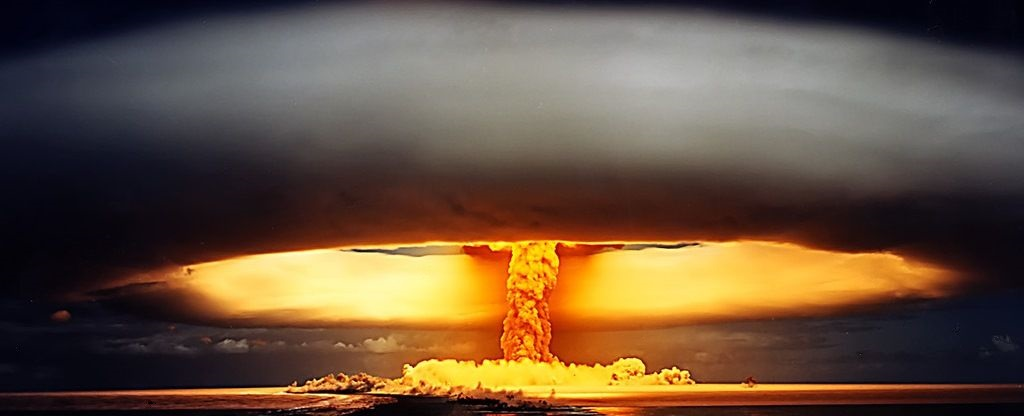When Politicians, Judges, and Law Enforcement Fail the Constitution
The Constitution is the backbone of American law and government. It sets the rules for how power is divided and how rights are protected. Politicians, judges, and law enforcement officers all have a role in keeping these rules alive. When they fail, it doesn’t just break laws—it shakes the trust and freedoms that citizens rely on every day. When these pillars don’t hold up their end, democracy itself is put at risk.
Politicians and the Erosion of Constitutional Norms
Politicians shape laws and policies that impact everyone. Their job is to respect the Constitution’s limits. But often, through their choices or inaction, these limits get pushed or ignored. Problems come from lawmakers stretching their powers, executives acting without checks, and political fights so fierce they block the system from working.
Legislative Overreach and Ignoring Constitutional Limits
Legislatures sometimes pass laws that stretch beyond what the Constitution allows. This happens when lawmakers try to solve problems but end up trampling rights or expanding powers the founders didn’t give them. For example, laws that restrict free speech, limit voting rights, or impose heavy surveillance without proper cause all clash with constitutional protections. The consequences are serious. Citizens lose trust, freedoms shrink, and courts get swamped with legal battles trying to restore balance.
Executive Actions Bypassing Constitutional Checks
Executives—presidents, governors, and others—sometimes use orders or actions that dodge the normal checks from other branches. When an executive acts without Congress’s approval or tries to influence courts improperly, the balance of power shifts dangerously. Emergency powers or executive orders have, at times, been stretched to bypass Congress or ignore court rulings, creating tension and uncertainty over whose word is final.
Political Polarization Affecting Constitutional Governance
Extreme partisanship makes politicians prioritize party wins over constitutional duties. Instead of working for the good of all, they dig in their heels, block efforts, or push through measures that serve their base, not the law. This gridlock slows or stops important government functions, sometimes forcing drastic or out-of-bound moves that weaken constitutional norms. The result? A broken system struggling to carry out the very principles it was built on.
Judges and the Judicial Responsibility to Protect the Constitution
Judges interpret the Constitution and protect citizens from government overreach. When judges stray from this duty—either by overstepping or by failing to act—the entire legal system suffers. Courts are supposed to be neutral referees, but biases and political influence can compromise their role.
Judicial Activism and Overstepping Constitutional Boundaries
Some courts go from interpreting laws to making decisions that look like creating new rules or changing established constitutional principles. This is often called ‘judicial activism.’ When judges impose personal views or societal preferences instead of sticking to the Constitution’s text, they step into the realm of lawmakers. This blurs roles and weakens the idea that the Constitution is a clear guide, not a flexible tool.
Failure to Uphold Rights in Controversial Cases
Sometimes courts don’t protect key rights when they should. There are cases where judges have allowed laws or government actions that limit freedoms, like privacy, voting, or fair trials. These rulings can ignore the weight of constitutional protection citizens expect. When courts fail to stand up in tough cases, they signal that some rights may be up for debate rather than guaranteed.
Political Influences Undermining Judicial Independence
Judges are supposed to be independent—free from politics and pressure. But political appointments, campaigns, or outside influence can cloud this independence. Judges may face pressures to rule a certain way or worry about reappointment. When judicial decisions are seen as political, public confidence in courts and constitutional justice drops. This hurts the whole system’s credibility.
Law Enforcement and the Challenge of Constitutional Accountability
Law enforcement officers protect the public and enforce laws, but they must also respect constitutional rights like privacy, due process, and protection from cruel treatment. When officers overstep, fail to follow rules, or act unjustly, constitutional rights can be trampled. These failures often show up as abuses in power and lack of oversight.
Use of Excessive Force and Fourth Amendment Violations
One major issue is the use of excessive force and illegal searches or seizures. These actions violate the Fourth Amendment, which guards against unreasonable intrusions. Cases of officers using too much force or conducting searches without proper cause highlight systemic problems. When law enforcement breaks these rules, it questions the fairness and safety of the justice system.
Lack of Accountability and Oversight in Policing
Without strong oversight, bad behavior in law enforcement doesn’t get punished. Transparency is often weak, making it hard for communities to hold police accountable. This allows misconduct to continue, fueling mistrust and more violations. Body cameras, civilian review boards, and clearer rules can help, but many places still lack these safeguards.
Impact on Marginalized Communities and Civil Rights
Failures in law enforcement hit minority communities especially hard. Racial profiling, biased policing, and harsh treatment happen too often, leading to higher rates of arrest and violence against these groups. This creates a cycle where civil rights are undermined, and social divides deepen. Constitutional protections seem less real to many citizens, which weakens the whole idea of equal justice.
Conclusion
When politicians, judges, and law enforcement fail to uphold the Constitution, the consequences reach far beyond broken rules. Democracy weakens, rights shrink, and trust fades. The Constitution isn’t just a document—it’s a promise that government will protect freedoms and respect limits on power. To keep that promise, reforms are needed. Holding leaders accountable, supporting independent courts, and demanding law enforcement follow the rules are steps that can protect our rights. Staying aware and involved is vital to keep constitutional governance strong for everyone.


